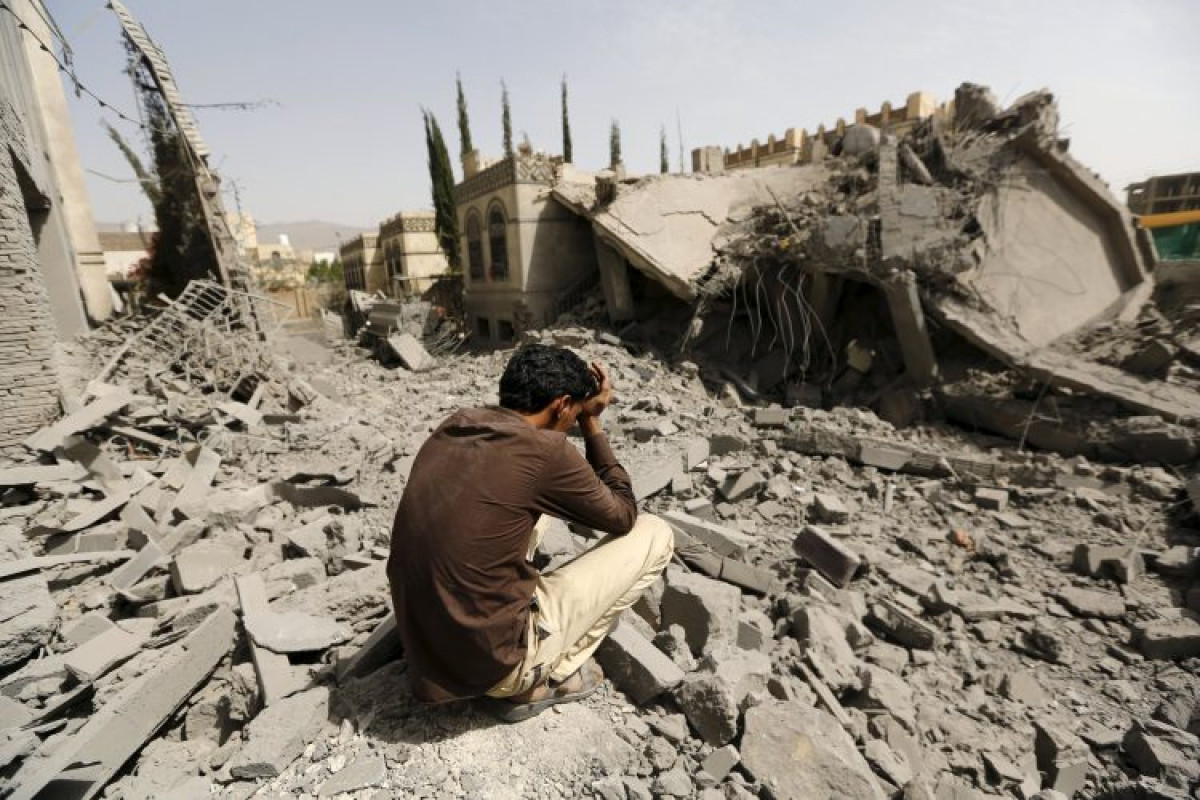 175
175
Saudi Arabia’s assault on Yemen is in its seventh year, and despite enormous public outrage, Western countries are reluctant to stop arming Saudi Arabia and the United Arab Emirates, two key pillars of aggression against Yemen.
Saudi Arabia announced in 2015 that its actions were “in the interest of the Yemeni people,” although facts indicate that roughly a third of the Saudi coalition’s Yemeni airstrikes have hit civilian-populated areas such as homes, hospitals, and schools.
Additionally, weddings, agricultural fields, food storage facilities, drinking water infrastructure, and other non-military locations are targeted.
The United States, the United Kingdom, France, Spain, Australia, and Canada have all provided armaments to Saudi Arabia and assisted in the slaughter of Yemenis since the conflict began in 2015.
Since the start of President Joe Biden’s administration, the United States has suspended arms shipments to Saudi Arabia, and Secretary of State Anthony Blinken said that the State Department is reevaluating military sales to Saudi Arabia and the United Arab Emirates. However, the US administration recently presented Congress with a $650 million weapons contract with Saudi Arabia. The agreement calls for the deployment of 280 sophisticated air-to-air missiles to bolster Saudi Arabia’s air defence capabilities.
According to a Stockholm Peace Research Institute analysis, Saudi Arabia purchased $12,653 million worth of weapons from the US between 2016 and 2020, with the US selling $2,723 million worth of weapons to the UAE. Furthermore, the United States accounted for 79 percent of all military sales to Saudi Arabia between 2016 and 2020, followed by the United Kingdom (93 percent) and France (93 percent) (4 percent).
Numerous allegations have been made that armament supplied by the US and Western nations, namely the UK, to Saudi Arabia and the UAE during the Yemen War was used in attacks that clearly constituted war crimes.
The UN Security Council imposed various arms embargoes on the Yemeni army and popular committees, with the United Arab Emirates sponsoring the drafts. The UAE filed the request after the Yemeni army claimed responsibility for several drone and missile assaults on UAE military sites this year.
In response to the movement’s arms embargo being adopted, Muhammad Ali al-Houthi, a member of Yemen’s Ansarallah High Political Council, said, “The West is testing its armaments on Yemen’s children.” “The aggressor nations’ deliberate targeting of Yemen, as well as their war crimes, establish a circumstance that would have precluded their arms sales to Riyadh and Abu Dhabi if they had been motivated by justice rather than profit.”
The UN Security Council resolution extending the ban on Yemeni arms purchases and depriving Yemenis of their right to self-defense in accordance with US, British, and French agreements with Russia and China demonstrates the world’s urgent need for a new just world order, and we, the countries that voted against this unjust resolution, say that you and your decisions are futile because we believe in God Almighty. Yemen now has access to modern weaponry, which it previously lacked. This has been accomplished through the grace of God, and the valiant Yemeni warriors.
Indeed, the Emirati government, a non-permanent member of the Security Council for two years, was engaged in the Security Council’s decision to impose a weapons embargo on Yemen’s Ansarallah. This step seems to exacerbate the situation in Yemen and hinder the peace process.
Additionally, the arbitrary and unjust placement of the Yemeni resistance on the list of terrorist organisations is seen negatively as a factor impeding political resolutions to the Yemeni crisis. This verdict gives the Saudi-Emirati alliance in Yemen more freedom to commit crimes against civilians.
Comment
Post a comment for this article